Not All Heroes Wear Capes: What is Teaching Really Like?

Teachers — they are people too. In fact, they are the people who say “I’m not an artist” before they draw anything on the board. They are the people who are required to steal things from home to bring to work. They are the people that have to devour their lunches in a minuscule amount of time. And they are the people who are able to go all day without using the bathroom.
My mother began teaching in 1992 and has taught in East Orange, NJ, since 1999. Over the years, she has seen it all: classrooms without computers, adaptations to 21st century-learning so that every student and the teacher have a computer, curriculum changes, additional standardized testing…the list is seemingly endless.
Changes in the world of teaching are not going away. Neither are the rewarding aspects of the job. My mother puts the success of her students above all else. She knows that teaching enlightens her pupils, and imparting a love of learning inspires them to be better people.
Blaming teachers for the problems in education is like blaming doctors for people getting sick.
In her eyes, each class period is a new opportunity to learn and grow. She tells her students that, “Each day is a fresh start and I see you with a new set of eyes.” If they are not pleased with their progress, she urges them in the right direction: work harder, pay more attention, and ask more questions. If you make a mistake (as everyone does), there is only one thing you can do: own it. Then it is up to you to learn from it.
One word I would never use to describe my mother is a quitter. Teachers are frequently bombarded with more and more demands. The anxiety level of teachers is at an all time high. The job has become increasingly frustrating for her, but she is definitely not a quitter.
When my mother says that she is a teacher, that is a dramatic understatement. Teachers are not just teachers. They have a plethora of other roles that they must perform. In an average day, my mother is also a planner, mediator, counselor, nurse, mother, therapist, disciplinarian, actor, communicator, data analyzer, report writer, test coordinator, and repair person. Oh yeah — and then she has to actually teach!
My mother is one of many teachers who make regular sacrifices for her students. Most days she has no time to eat lunch or to use the bathroom. Teaching includes lots of unpaid work. Even though school ends in the early afternoon, she spends most of her extra time at home grading, completing SGOs, and designing lesson plans. There is also little reimbursement for the money that teachers spend on supplies and furnishing her classroom. Teaching is also very stressful. There are countless hours of the night where my mother cannot sleep because she is worried about how she going to get everything done.
There are those who don’t understand what it takes to be a teacher. Most jobs involve some type of sacrifice. For teachers like my mom, their sacrifices are not always valued or respected. My mother has worked the last three years without a contract. Without a raise, her take home pay has stagnated while taxes and expenses in New Jersey have increased. The astonishing length of time it took to settle a new contract shows the lack of respect for teachers. It is frustrating to watch someone you care about work so hard for her students, their parents, the district, and society, only to have them show so little gratitude towards her.
This is not just an issue for East Orange. It reaches beyond Essex County, and the state of New Jersey. This is an issue for the whole country. Other nations value and respect their teachers. They give teachers adequate time to plan and fair compensation. My mother and every other teacher in the United States take most of the heat for the weaknesses in the education system. Blaming teachers for the problems in education is like blaming doctors for people getting sick. The closest thing to a “reward” that teachers receive are three months off in the summer. But summers are barely a break for teachers. My mother uses her summers to plan, organize, and attend workshops to prepare for the upcoming school year, so when September comes around, she is ready to don her cape again.


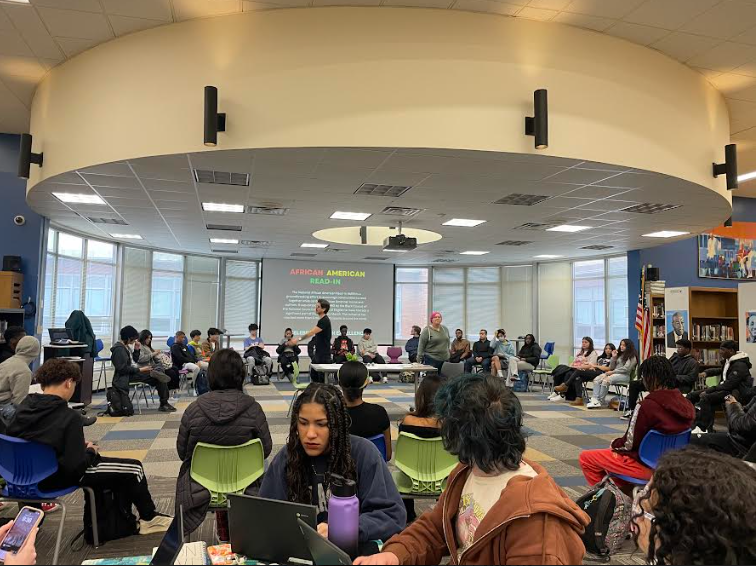
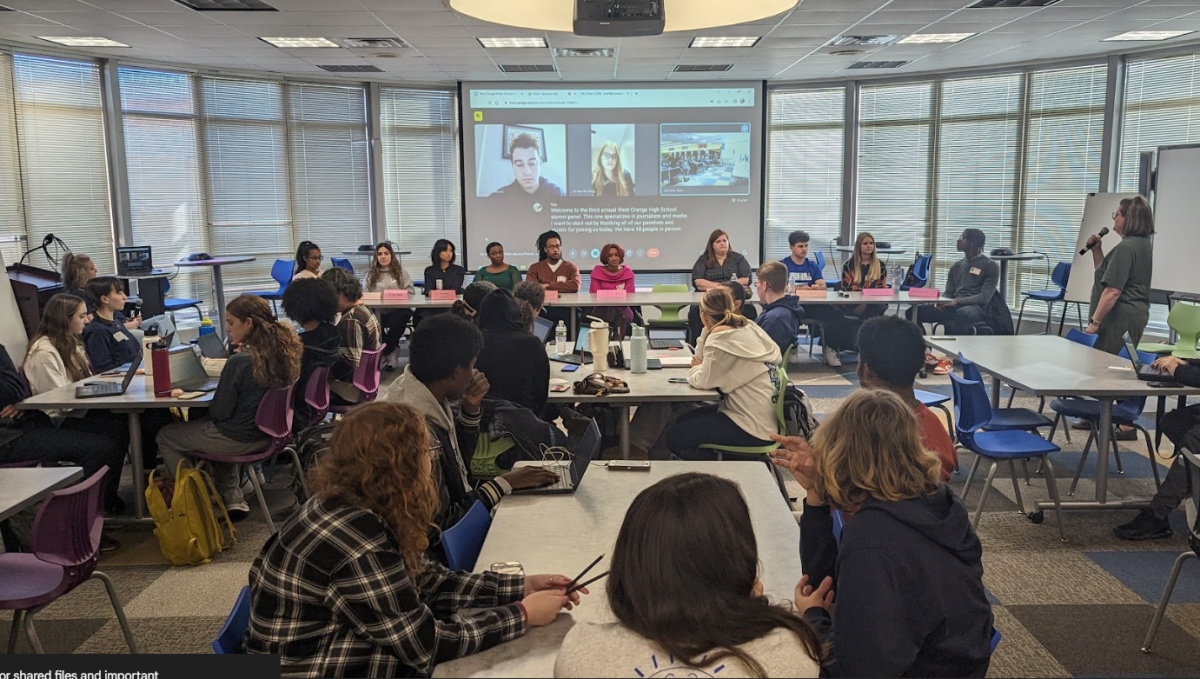

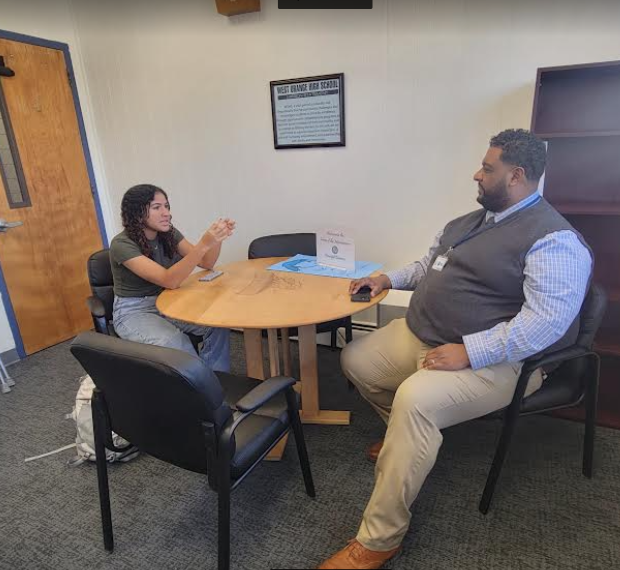

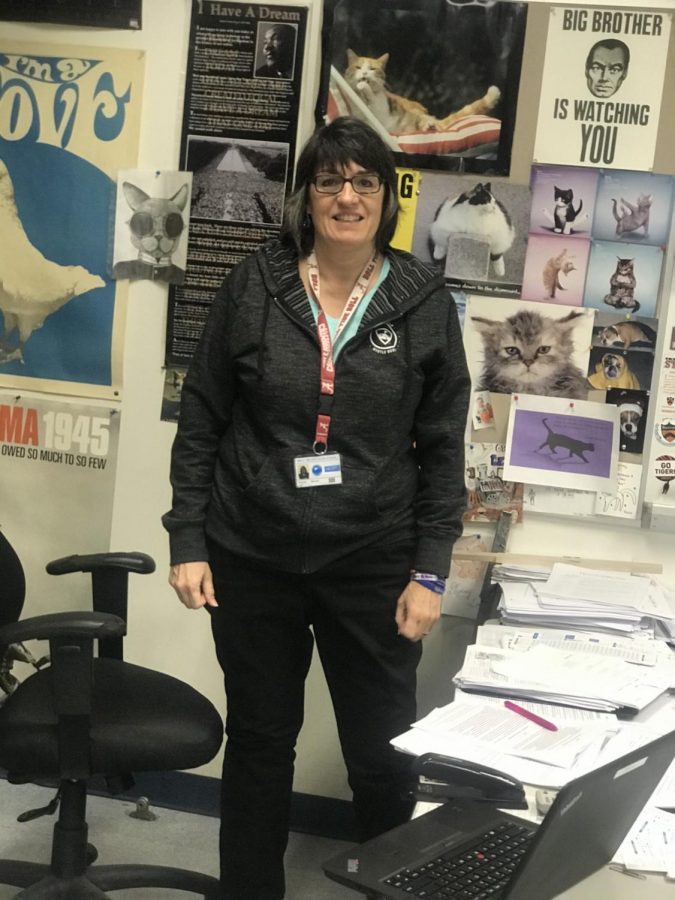


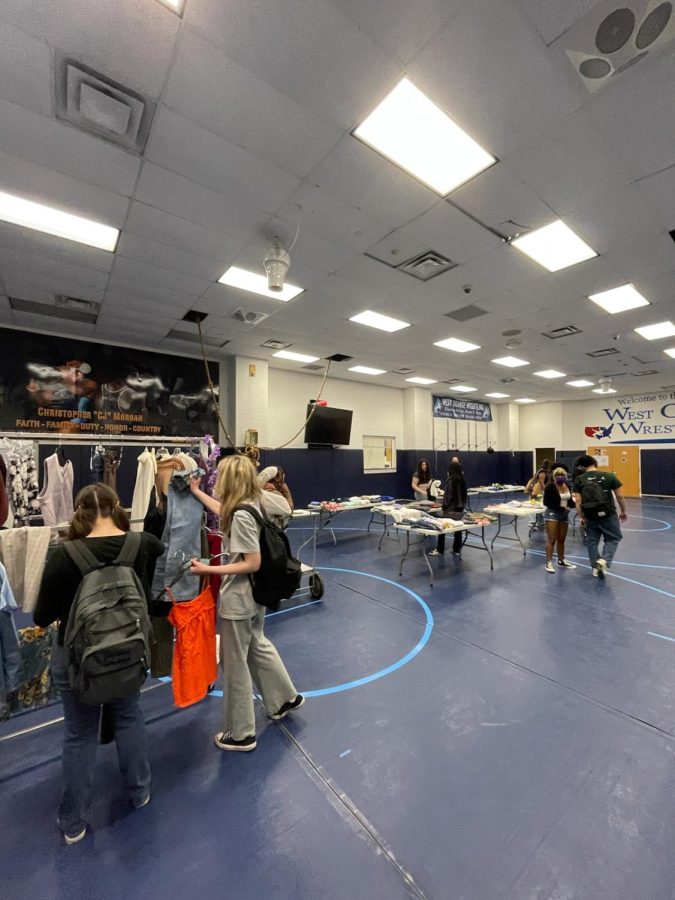























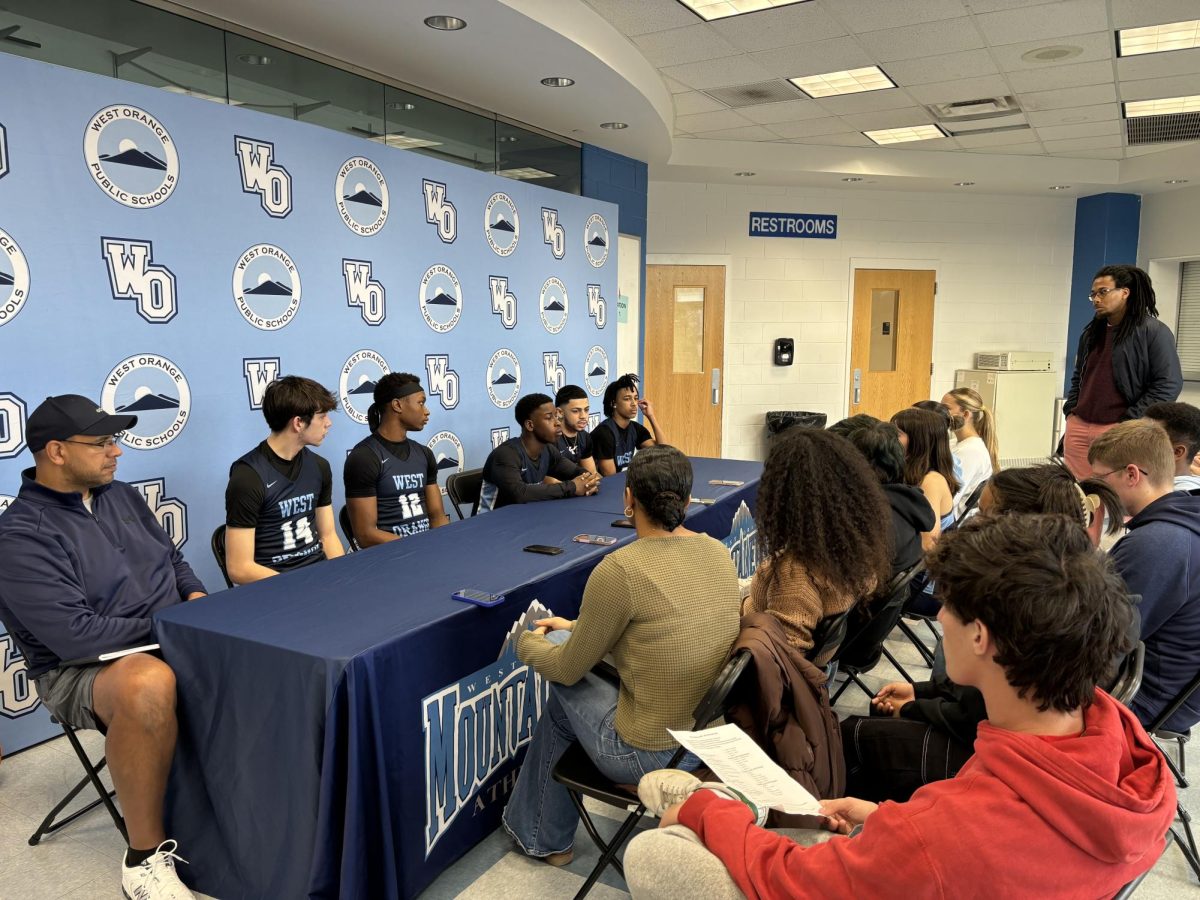














































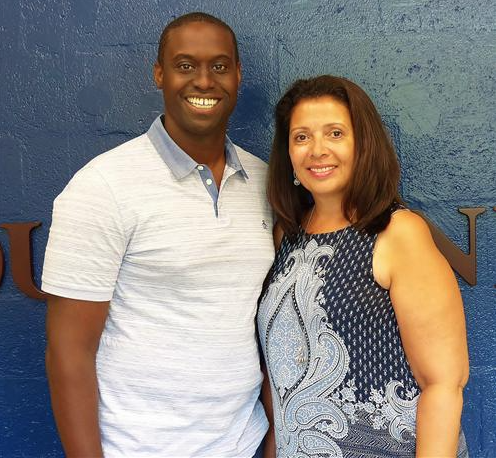
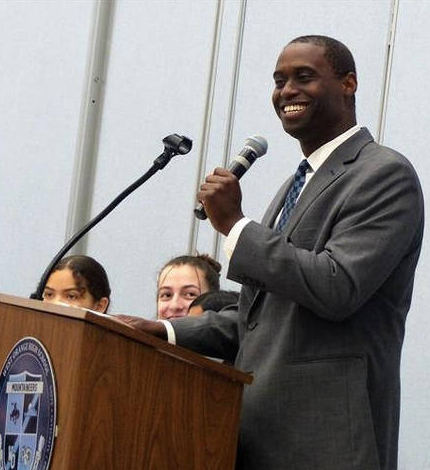













Gail Powell • Jan 23, 2017 at 9:51 am
Your writing is such a great tribute to your mother and all teachers. I spent 33 years in the classroom and all you say is true!